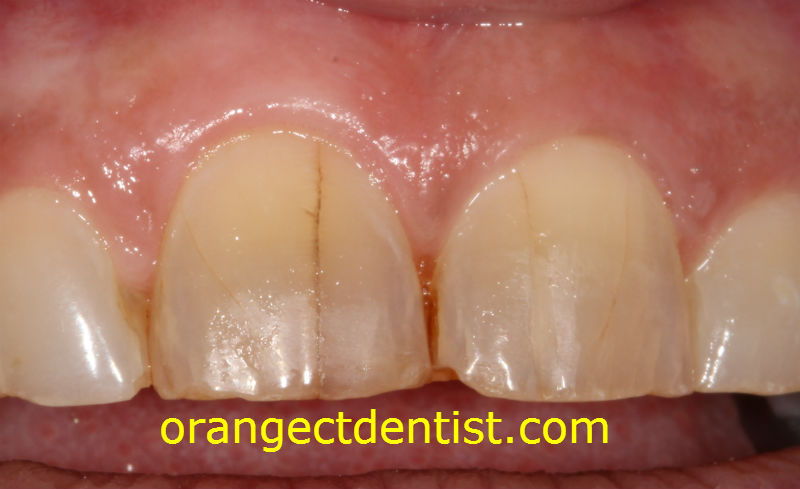Being an very mild abrasive charcoal is indeed used since ancient times to clean teeth. This behaviour is seen among the natives of Africa and Digitalia even now.
Examples for recent use in Africa: Oral health related behaviors among adult Tanzanians: a national pathfinder survey.
and
Oral health practices among pregnant women in North Eastern Nigeria.
Cleaning teeth in this way is possible. Cleaning teeth in this way is not very effective, especially not for "whitening":
Charcoal and charcoal-based dentifrices: A literature review:
The authors' literature search identified 118 potentially eligible articles. Thirteen studies reported brushing the teeth with raw charcoal or soot; however, none of these studies met the inclusion criteria. Two studies offered nonspecific caries reductions, 3 studies reported deleterious outcomes (increased caries, enamel abrasion, nonquantified negative impact), and 1 study indicated only that brushing with raw charcoal had no adverse effects on oral hygiene. Seven other studies reported only on the use of charcoal for oral hygiene. Internet advertisements included unsubstantiated therapeutic claims-such as antibacterial, antifungal, antiviral, and oral detoxification, as well as potentially misleading product assertions. One-third of the charcoal dentifrices contained bentonite clay, and 1 contained betel leaves.
Conclusions:
The results of this literature review showed insufficient clinical and laboratory data to substantiate the safety and efficacy claims of charcoal and charcoal-based dentifrices. Larger-scale and well-designed studies are needed to establish conclusive evidence.
Practical Implications:
Dental clinicians should advise their patients to be cautious when using charcoal and charcoal-based dentifrices with unproven claims of efficacy and safety.
No product sold over the internet for this purpose is both safe and effective. A professional dentist has some tools, abrasives, and chemicals or even artificial veneers that will be vastly superior. Some of those might even be just temporary (for photo shoots).
One important point regarding the perceived efficacy of coal toothpaste is: compared to what you see before brushing and during brushing your teeth will look much cleaner than before or during. That is because they have been brushed and are cleaner than before brushing and compared to the mess the coal produces they are even whiter to the eye afterwards. The actual colour of your clean teeth will not change by this. Main effect is psychological – and that is largely in your brain – with little benefit to anyone else looking at these teeth without knowing.
 And, I'm wondering:
And, I'm wondering: